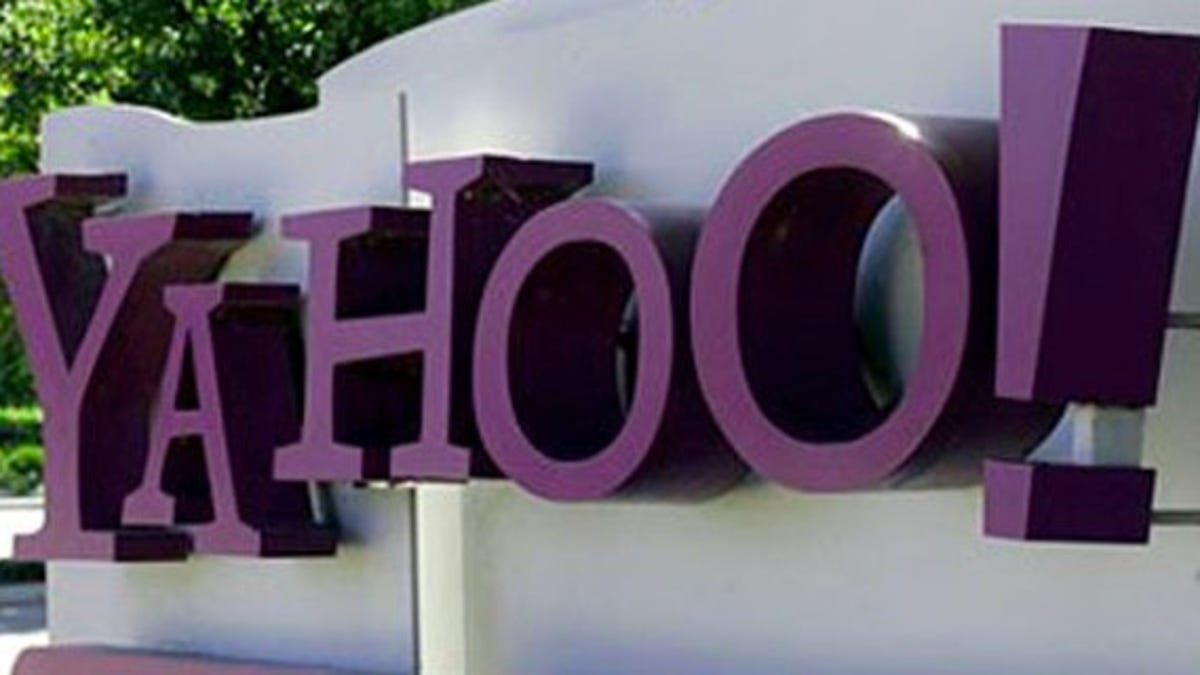Yahoo plays catchup in the encryption arms race
In the face of privacy concerns, the Sunnyvale Calif.-based company said it would beef up security of information traveling between data centers.

Specifically, Yahoo CEO Marissa Mayer wrote in a blog post that the company will encrypt all information flowing between data centers by the end of the first quarter in 2014. It will also give users the option to encrypt the flow of all information shared with Yahoo by the same time frame. In addition, Mayer said that the company will work with mail partners overseas to make sure their products are "https" enabled.
Yahoo had already recently pledged to increase the security of its mail product, saying it would add https encryption to the network by January 8, 2014.
The move comes after a report by The Washington Post that said data centers belonging to Yahoo and Google have been specifically infiltrated by the federal government as sources of surveillance data -- part of a program known as MUSCULAR, a joint effort between the NSA and Britain's GCHQ. Google had already been making similar moves to heighten the security of information flowing between data centers.
Regular security updates and announcements like this one from large tech companies have become the norm since NSA contractor Edward Snowden leaked information of government surveillance about half a year ago. Eric Grosse, Google's vice president for security engineering, has called the effort to encrypt products an "arms race."

